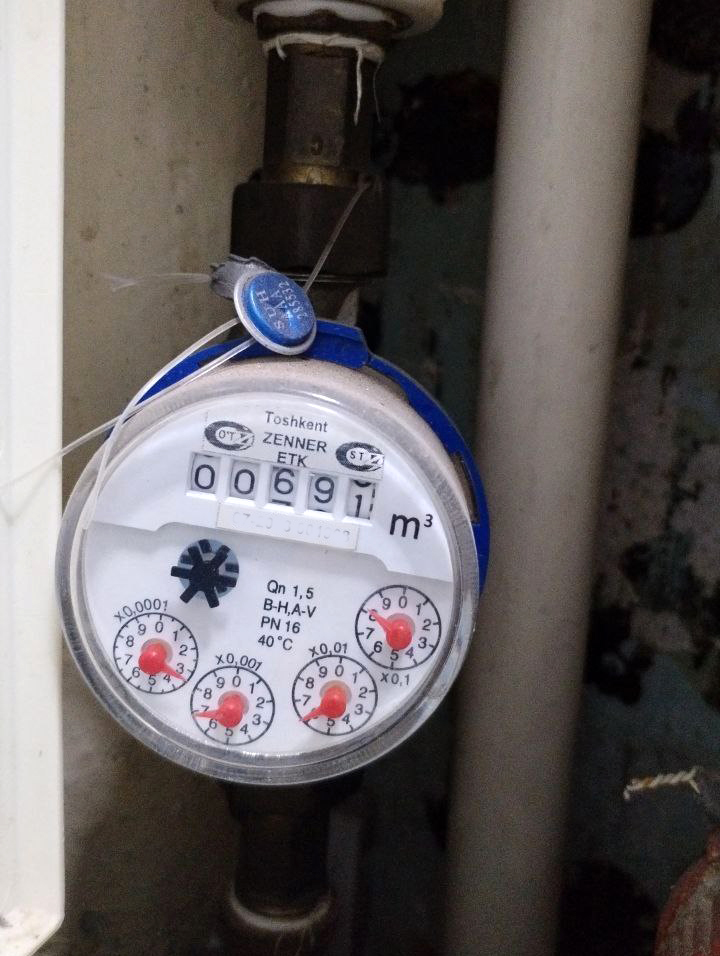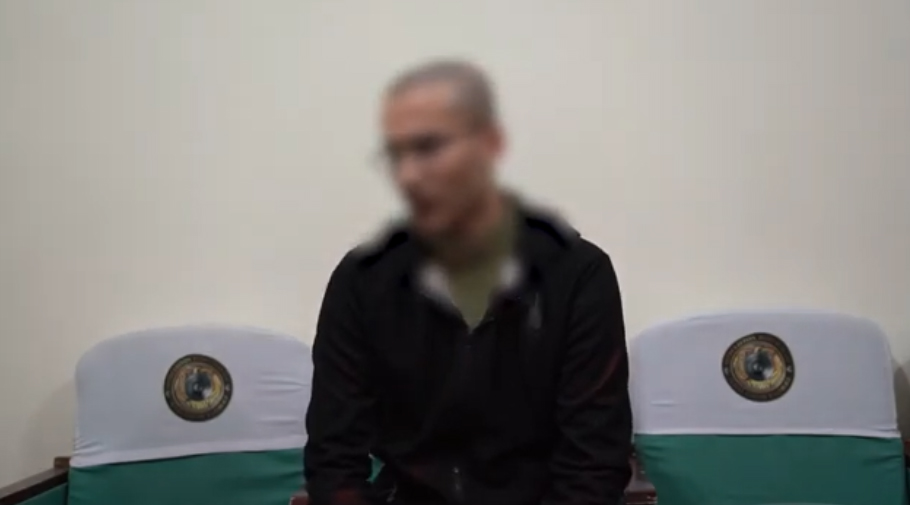This article is also available in:
Русский (Russian)
Uzbek
Today’s news that Uzbekistan is planning to introduce mandatory microchipping for dogs and cats has quickly spread across media outlets and social networks, sparking significant public discussion. At first glance, this initiative seems quite reasonable and beneficial to society, but with an important caveat – only if it is properly implemented. However, many questions are already arising, and there are no clear answers yet. For example, how will pet owners be monitored to ensure they are microchipping their pets, and who will pay for it – the government or the citizens?
The lack of answers to these key questions raises doubts. The introduction of microchipping is a serious step that requires analysis and preparation, and at the moment, it seems like another poorly thought-out initiative by the authorities, causing more problems than solutions.
Mandatory or Voluntary System?
Judging by the formulation, we are talking about a mandatory microchipping system, as it’s unlikely that many owners will voluntarily microchip their animals. This raises the central question: who and how will monitor compliance with this requirement?
Obviously, not only will a law need to be introduced, but a mechanism for monitoring compliance will also need to be created. How will authorities identify owners who haven’t microchipped their pets? Will it involve street checks, home visits, or perhaps regular inspections at veterinary clinics? As of now, there is no information on how this will work in practice.
Who Will Pay for Microchipping?
Another important issue is who will bear the cost of microchipping. Will microchips be free? Unlikely. If pet owners are required to pay for it, what will the cost be? And will this be a one-time fee, or will annual updates to the system with additional payments be necessary? These details are crucial to understanding how financially accessible this measure will be for ordinary citizens.
It’s clear that not everyone can afford additional expenses related to pet care, especially when it comes to low-income citizens. How will this be addressed? Will there be financial assistance for those who cannot afford microchipping? Failure to comply with mandatory microchipping could lead to fines or even the confiscation of pets, which is a cause of serious concern among pet owners.
What About Stray Animals?
A critical question is what will happen to the vast number of stray cats and dogs. There are currently no funds even to support animal shelters, let alone microchipping all stray animals. Where will the money for microchipping stray animals come from? And who will be responsible for this? If the system is introduced only for domestic pets, it won’t solve the problem of stray animals, which continue to populate the streets of cities.
Will a New Agency Be Created?
The microchipping system will require control and monitoring. Who will be responsible for this? The question of creating a new structure or expanding existing agencies also remains unanswered. Will there be a special agency dealing with animals, or will the task be assigned to veterinary services? These details require clarification because implementing such a large-scale system is a significant challenge.
Conclusion
There is no doubt that microchipping pets could be an important step toward ensuring their safety and health, as well as in addressing irresponsible pet ownership. However, without clear answers to numerous questions, this initiative risks facing significant resistance. Before implementing such a system, it is necessary to consider all aspects, from funding to organizational details.
At the moment, it seems that this decision is being introduced too hastily and without proper planning. Perhaps it would be more appropriate to focus on more urgent issues, such as creating shelters and providing systematic help for stray animals, rather than imposing new obligations on pet owners.
The text has been translated by AI. For more accurate information, please refer to the Russian version of the article











